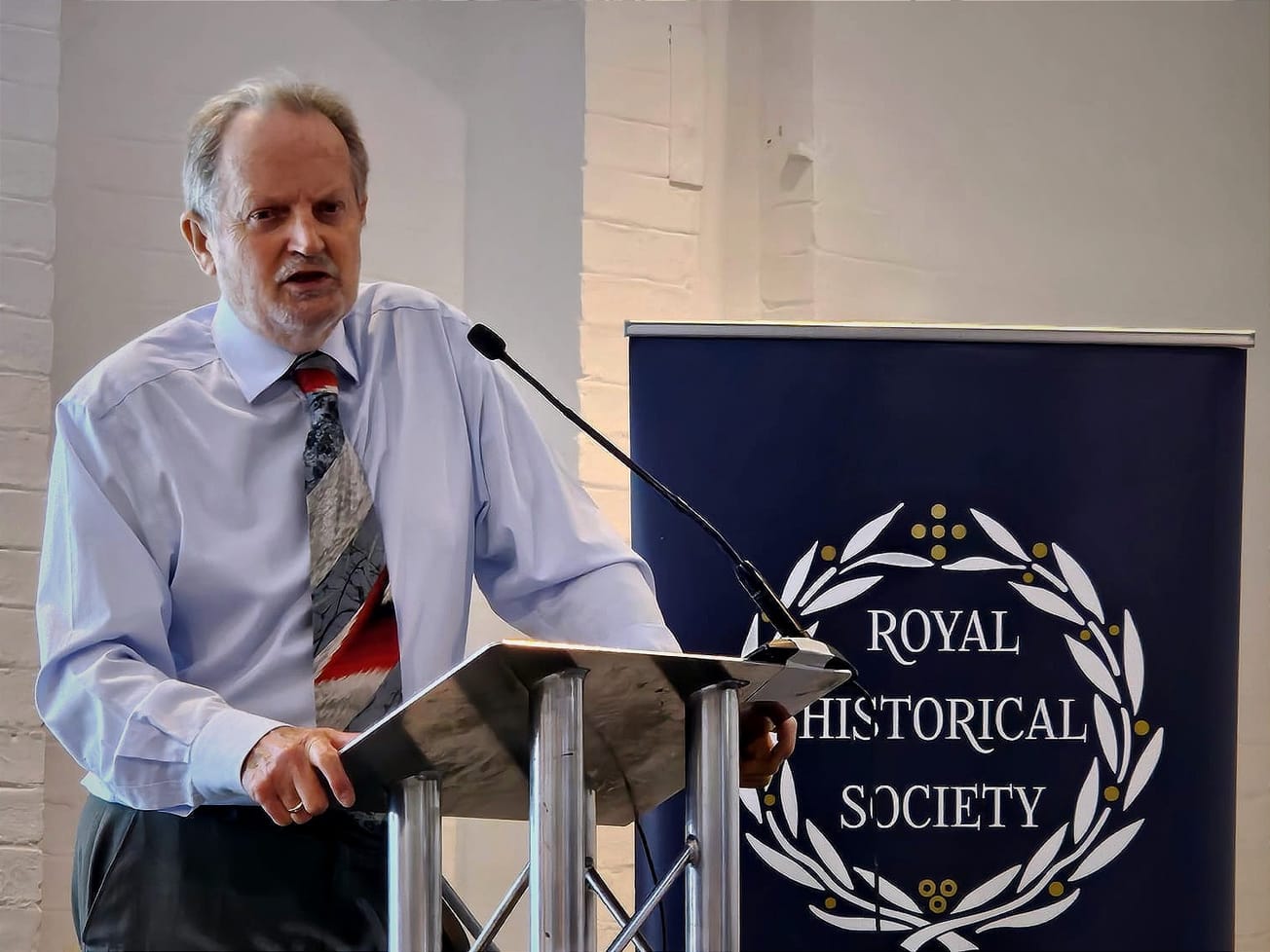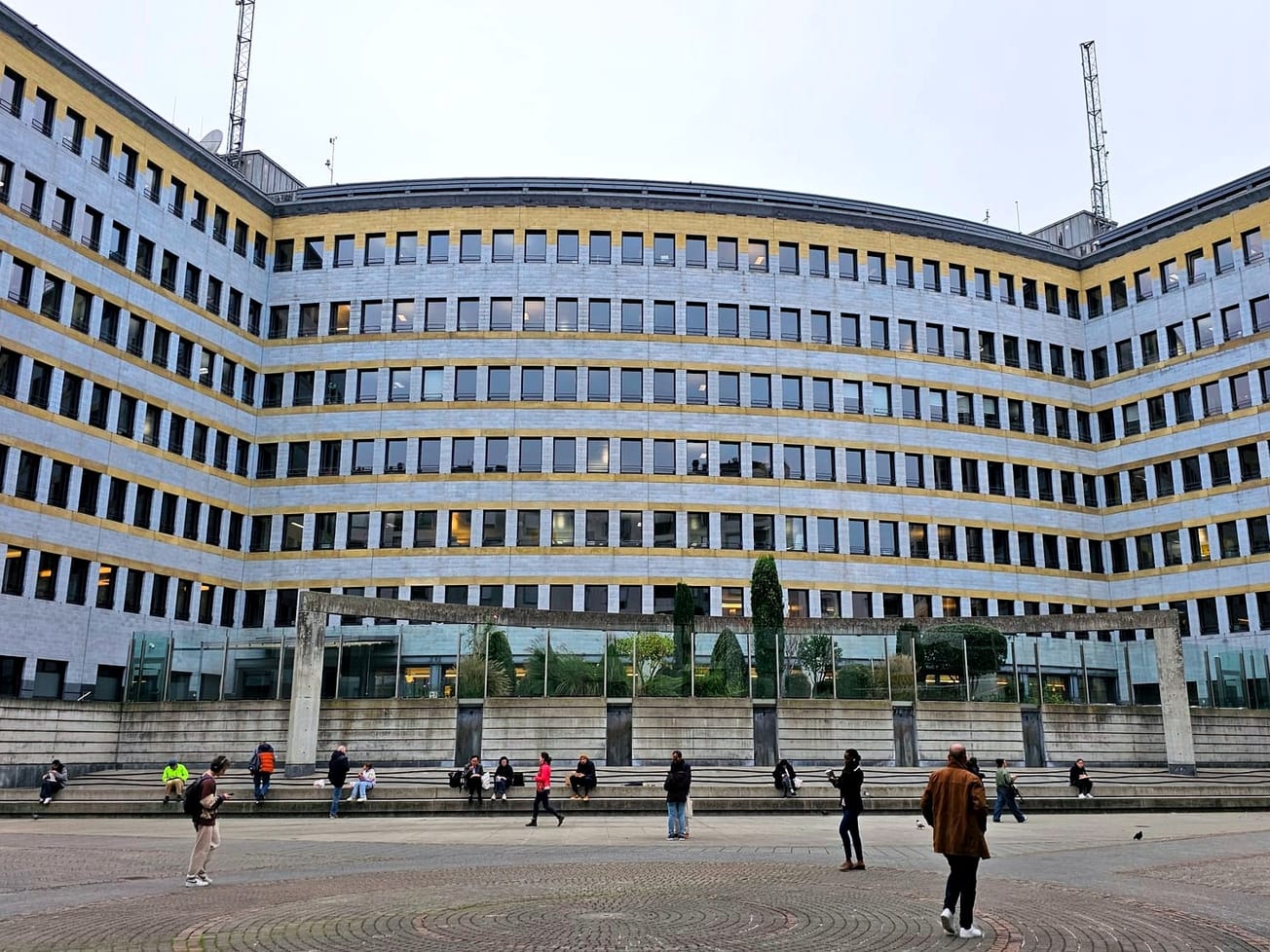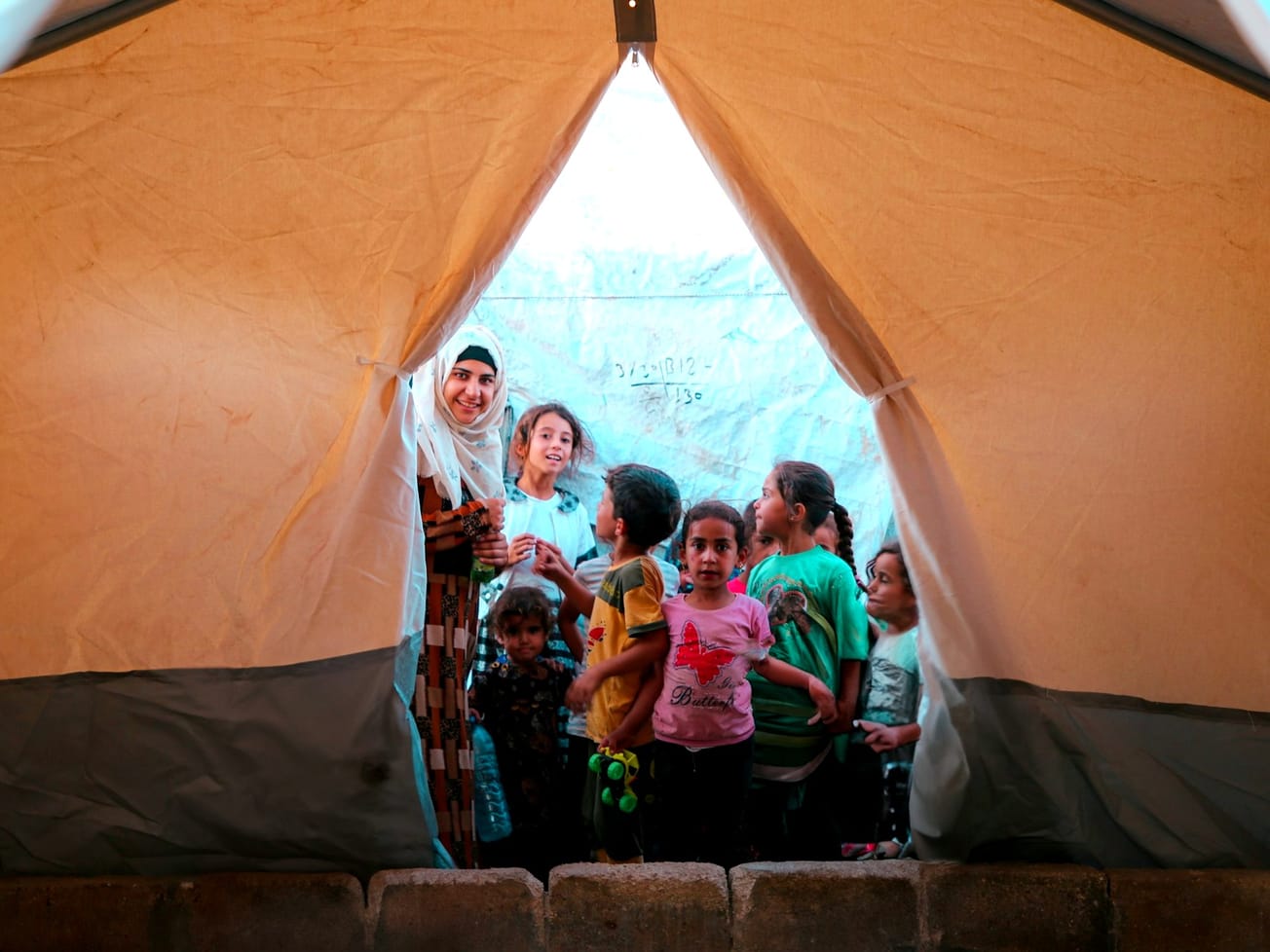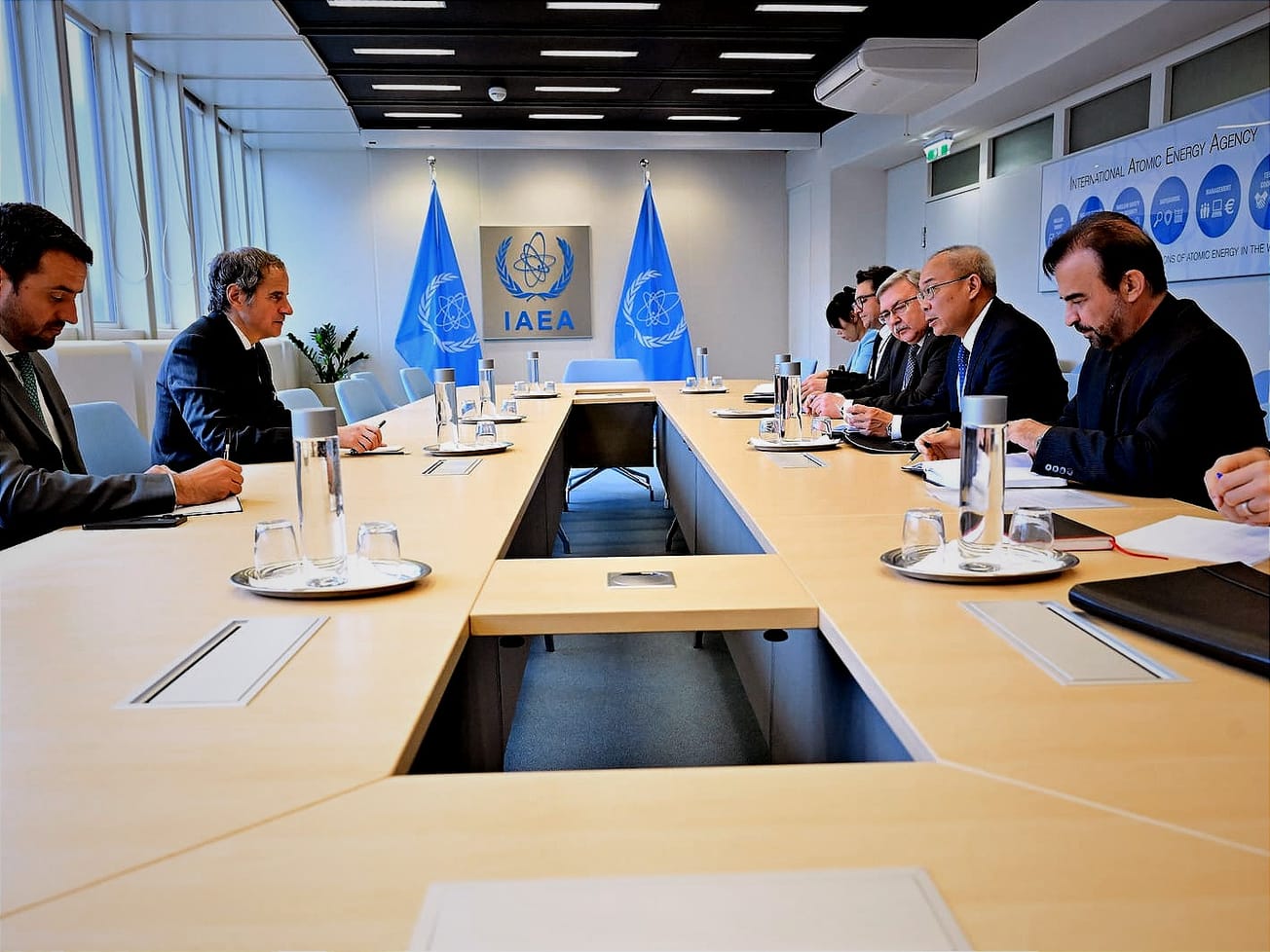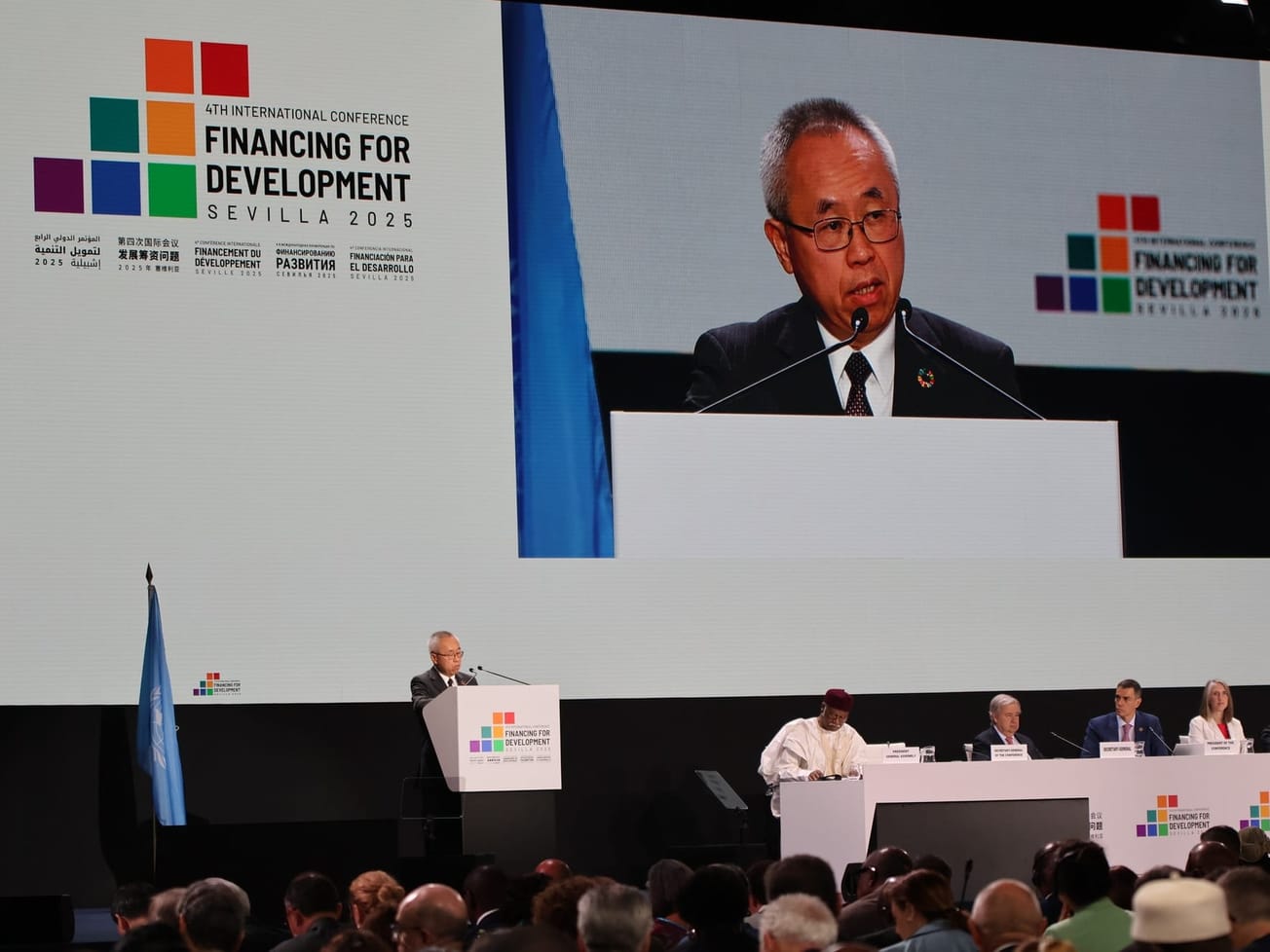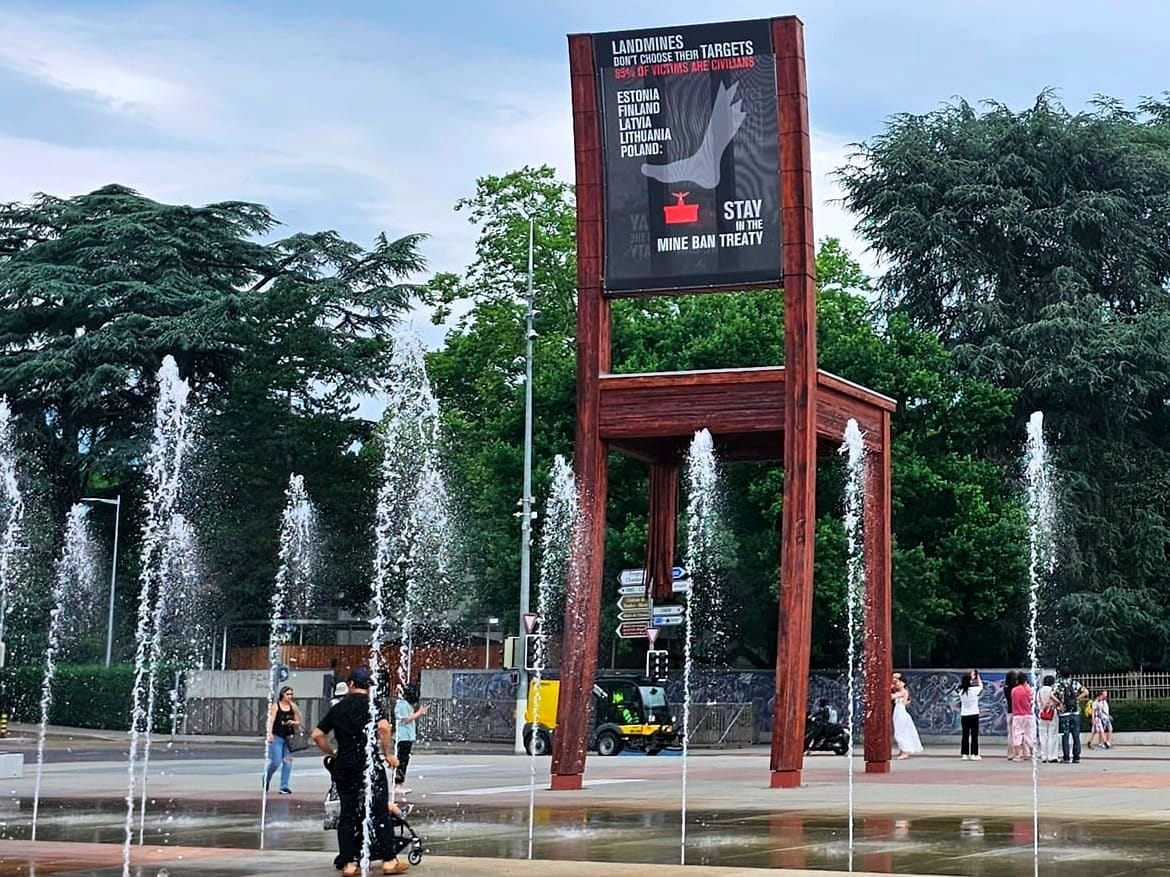WASHINGTON (AN) — The global coronavirus pandemic threatens to disproportionately harm more than 70 million people worldwide who have been forcibly displaced by wars and violent crises, Refugees International said on Monday.
Healthcare systems in even the most advanced countries are being overwhelmed by the pandemic, the global advocacy organization emphasized. Among the most vulnerable are refugees, asylum seekers and internally displaced people struggling to meet basic needs.


